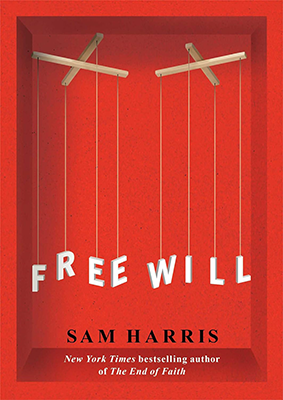Free Will
“Free Will” by Sam Harris, published in 2012, explores the concept of free will and argues that it is an illusion. Here’s a summary:
Harris begins by challenging the traditional notion of free will, which posits that individuals have the ability to make choices that are not determined by prior causes. He argues that our decisions are influenced by a combination of genetic, environmental, and neurological factors, none of which we ultimately control.
Drawing on insights from neuroscience and psychology, Harris contends that the brain processes information and initiates actions unconsciously, before we are even aware of making a decision. He suggests that our sense of agency—the feeling that we are in control of our thoughts and actions—is merely an illusion generated by our brains.
Harris discusses the implications of accepting the absence of free will, particularly in terms of morality and social responsibility. He argues that blaming or praising individuals for their actions becomes problematic if they are ultimately determined by factors beyond their control.
Despite the absence of free will, Harris emphasizes the importance of holding individuals accountable for their actions and implementing systems of justice and moral education. He suggests that a deeper understanding of human behavior can lead to more compassionate and effective approaches to addressing social issues.
Overall, “Free Will” challenges deeply held beliefs about human agency and offers a thought-provoking exploration of the nature of choice and responsibility. Harris encourages readers to confront the uncomfortable truth that our actions may not be as freely chosen as we once believed, but that this realization does not diminish the importance of ethical behavior and personal growth.

